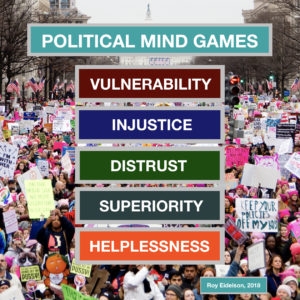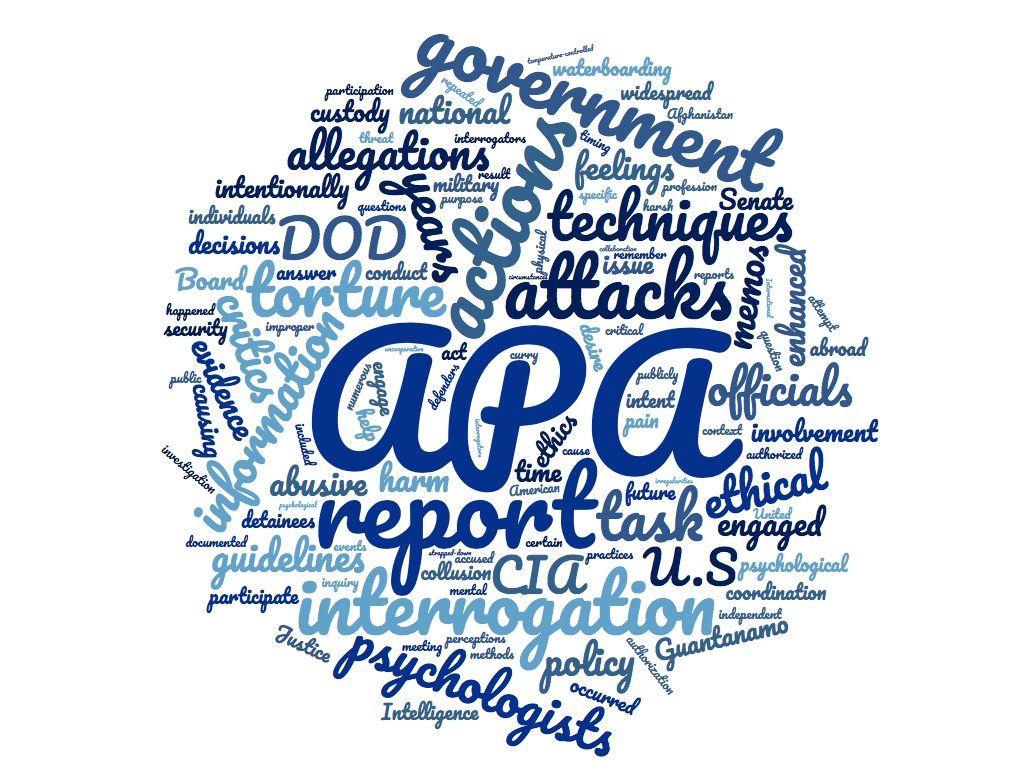“Citizens of the democratic societies should undertake a course of intellectual self-defense to protect themselves from manipulation and control, and to lay the basis for more meaningful democracy.” — Noam Chomsky, 1989 (Necessary Illusions: Thought Control in Democratic Societies)
My copy of Homer’s The Odyssey, a remnant of high school Latin days, has been gathering dust on a shelf for decades now. But I’ve been thinking more about the book in recent years, especially as my writing has increasingly turned to the psychology of propaganda. In that context, one of the epic poem’s most provocative passages chronicles the brief encounter between Ulysses and the Sirens during his ten-year voyage home from the Trojan War.
The two Sirens—peculiar creatures, part human and part animal—sit in a meadow where they warble songs that are, quite simply, lethal. Even the most disciplined sailors are drawn to the shore by the irresistible sounds, and they never depart. As Homer describes it, “There is a great heap of dead men’s bones lying all around, with the flesh still rotting off them.”
But Ulysses and his crew escape this fate, thanks to guidance from the goddess Circe. Her advice is clear and effective. Upon approaching the Sirens’ island, the crew should put wax in their ears and then bind Ulysses securely to the ship’s mast. In this way, he alone can safely listen to the enchanting songs, which purport to bestow wisdom and foretell the future.
So why consider this 3,000-year-old story now? Because for many Americans hoping to help steer our beleaguered country toward greater justice and equality, a pair of modern-day—albeit figurative—Sirens are seemingly always poised to draw us off course. Indeed, their beguiling appeals and promises will only grow louder and more persistent as we move ever closer to Election Day 2020.
Continue reading “In a World of Corporate-Backed Politicians, Beware the Sounds of Sirens”



 “They’re Different from Us.” It’s a favorite
“They’re Different from Us.” It’s a favorite 
 The journey to redemption is long and often tempest-tossed. But the American Psychological Association (APA) took another noteworthy step last week when CEO Arthur Evans Jr. sent a
The journey to redemption is long and often tempest-tossed. But the American Psychological Association (APA) took another noteworthy step last week when CEO Arthur Evans Jr. sent a